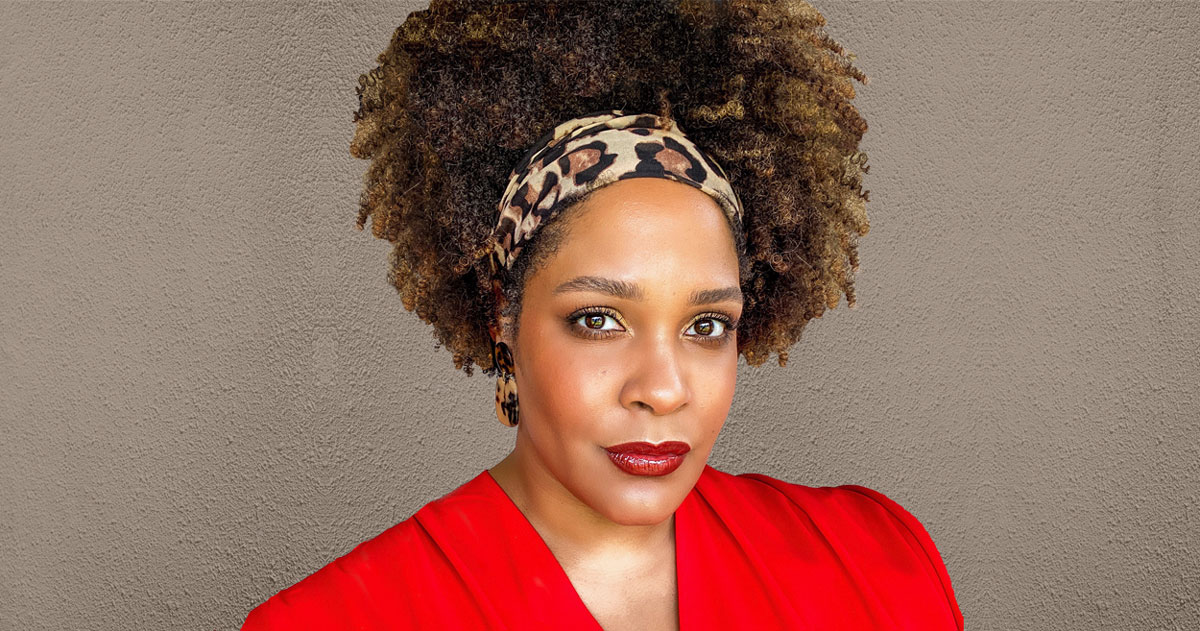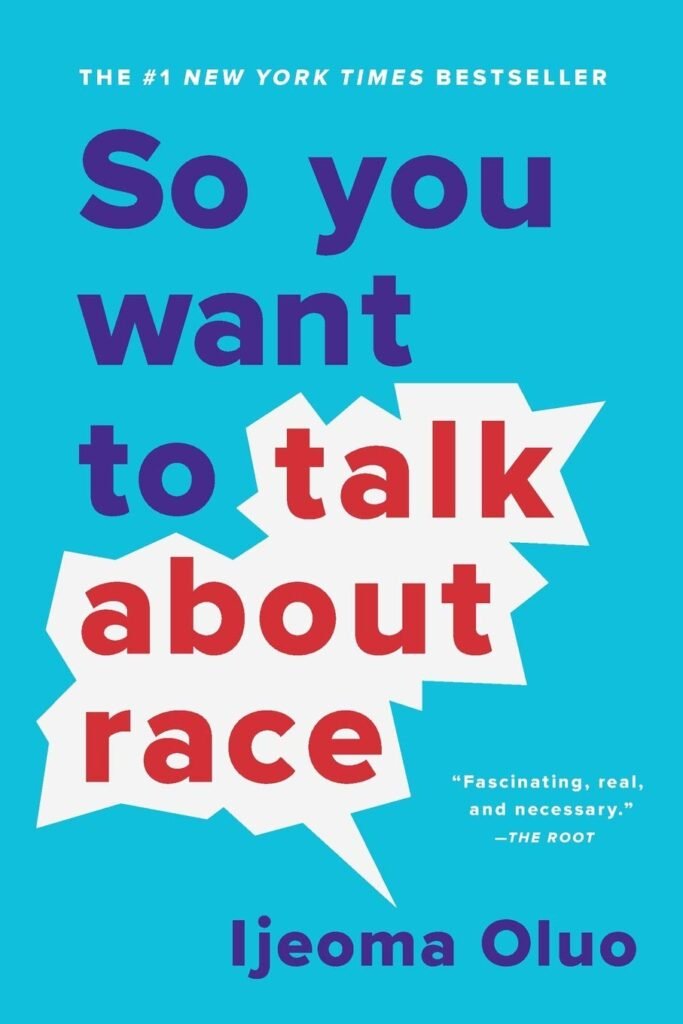
And also, areas where maybe we could use more understanding. We've had some real honest conversations about where she benefits from white privilege, where she can use that privilege to help us. And it is okay that she does not fully understand what I have faced in life, because her love should enable her to listen to me and support me so that she can find her best way to be an ally - not only for black people across the country, but for her children.

That it is OK that she is white and I am black. The conversations I've had with my mom over the years are to get her to understand that that difference between us isn't a threat. She still never spent a day in her life being black. Our mother loves us so dearly and is so proud to have black children, but she really thought love was enough. My mother is a white woman from Kansas, and my father came from West Africa. Would you mind telling us a little bit about your family and what some of those conversations are like? You've written about talking to your white mother about race. You, like so many Americans, come from a family that is racially diverse. Life Kit Microaggressions Are A Big Deal: How To Talk Them Out And When To Walk Away This is why,' and your goal is to get them to be more supportive of you, that's not going to achieve the goal.

If you come in really confrontational, like, 'You're wrong.

Know what your goal is, state that goal and then tailor the conversation towards that. Do you want your parents to hear you? Do you want them to be more supportive of your efforts? Do you want them to act? Or do you want them to stop doing something that they're doing that's causing harm? I always tell people that before getting in a conversation, especially about race, know what you want to come out of the conversation. I hear you advising, maybe don't take a super confrontational approach.
And I want you to hear why I believe differently.' And share your journey. But I know that, like me, you care about people. Talk to the people that you care about who aren't understanding this and say, 'You know, I used to think the same way you did. I always advise people to think about what brought them to the point where they realized it mattered, and to share that story.


 0 kommentar(er)
0 kommentar(er)
